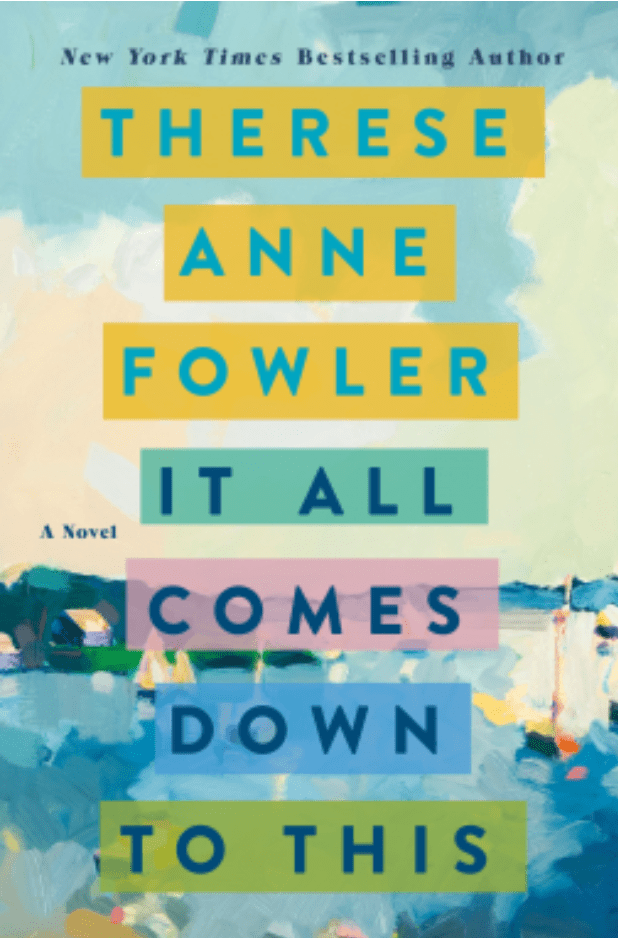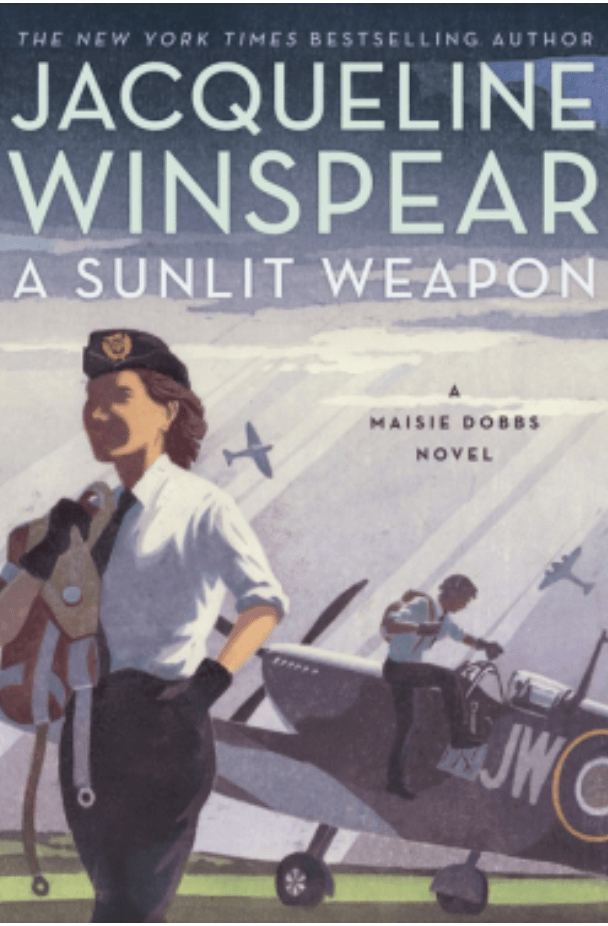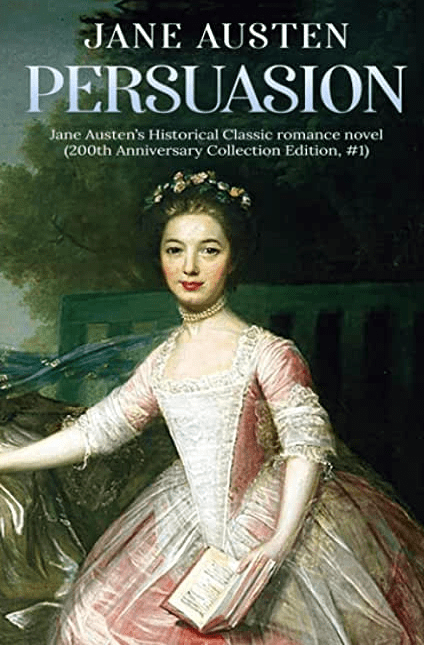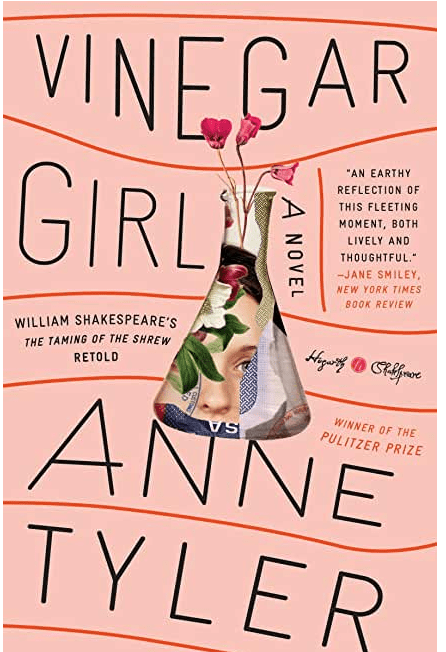Writing: 5/5 Plot: 4.5/5 Characters: 5/5
A fictionalized history of the great racehorse and leading stud sire Lexington. The story is told through three alternating voices in two time periods (2019 and the 1850s): Theo, the well-mannered and highly principled mixed-race art history student, who discovers an old equestrian painting in a neighbor’s throw away pile; Jess, an Australian zoologist who finds herself articulating skeletons for the Smithsonian; and Jarret, the enslaved person who was with Lexington from birth to death as groom, trainer, and best friend.
It is a rich story full of insight into individuals and loaded with in-depth domain knowledge about a variety of professions and interests across time — the art world, the world of research, museum administration and networks, and of course the complete world of horse racing in the 1850s (which, even though I am not interested in horse racing at all, is completely fascinating).
While the primary characters were fictional, most of the others — artists, art dealers, race horses, trainers, grooms, and owners — were not. Cassius Clay (the first one, not Muhammad Ali) and Martha Jackson make significant appearances in this tale that blended so much history and showed the utter connectedness of individual stories throughout time.
It is a story suspended in racial issues and the nature of tentative friendships across racial divides. From slavery to the modern day micro-aggressions and biases that Theo experiences as an educated man of color in Washington, D.C., Brooks captures the inner thoughts of those involved including the “friendly” whites. The slavery she depicts goes farther than the traditional stories of beatings and rapes and delve into the realms of individual feelings, attitudes, and coping mechanisms. Spanning the Civil War, we see the confusion, the anger, and the value different people put on different aspects of life.
Brooks goes farther in drawing a parallel between the treatment of slaves and the treatment of the horses. Treating humans like animals is appalling, but she points out that even animals should not be treated as they were (see quote below). Jarret saw Lexington as a sentient being with talents, preferences, and fears. It is clear that Lexington would not have achieved what he did without this different kind of relationship. This is beautifully done.
My only annoyance with the book (which I’ll try to explain without spoilers) is the end of Theo’s story. Up to that point, the experiences of black characters could be said to be typical experiences of the time. Theo’s ending was very atypical and — unlike the rest of the book — was intended to shock rather than to teach. For me it didn’t fit and it didn’t add anything to the main themes of the book.
That aside — beautiful writing, meticulously researched, thoughtful treatment of difficult topics — a masterpiece of a book by Pulitzer Prize winning author Geraldine Brooks.
Quotes:
“An empathy grew in him. He began to watch people with the sensitive attention he’d only ever accorded his horses.”
“Theo shifted in his seat. He imagined she would file the exchange away as an example of how easy it was to offend a Black person. He felt irritated and suddenly exhausted.”
“He conceived, in those hard days, a renewed gratitude toward his father, who had endured hardship to rise to a measure of dignity that had extended its protective cloak over Jarret’s childhood. He learned, in those fields, what he had been spared. He felt a new understanding for the folk who bore it, and an admiration for those brave enough to risk everything to run away from such a life.”
“Because it had been his whole life, Jarret had never realized what it meant to be skilled at something that was highly valued. Now, he was merely a pair of hands, the same as any other.”
“The strong and the weak, she thought. Predator, prey. Nature’s way. God’s way. Even the Bible patriarchs had slaves. Who is Jarret to stand against it in this foolish, headstrong way, when even his own father, who is most injured in the business, accepts it? Why should she sit and shiver in the dark on his account.”
“It was impossible not to find in this picture an equivalence between the men and the horse: valued, no doubt, but living by the will of their enslaver, submitting to the whip. Obedience and docility: valued in a horse, values in an enslaved human. Both should move only at the command of their owner. Loyalty, muscle, willingness — qualities for a horse, qualities for the enslaved. And while the horse had two names, the men had only one.”
“His argument mirrored Frederick Douglass’s caustic essay arguing that no true portraits of Africans by White artists existed; that White artists couldn’t see past their own ingrained stereotypes of Blackness.”
“But Jarret thought both his father and Dr. Warfield treated horses like mechanical contraptions: do this, get that. Jarret disagreed, but had never said so. To speak of horses as beings with feelings, even souls — it might seem like foolishness, or even maybe sinful, in the eyes of the angry God of the White church Dr. Warfield attended.”
“Jess loved the interior architecture of living things. Ribs, the protective embrace of them, how they hold delicate organisms in a lifelong hug. Eye sockets: no artisan had ever made a more elegant container for a precious thing.”
Thank you to Penguin Group Viking and NetGalley for providing an advance copy of this book in exchange for my honest review. The book will be published on June 14th, 2022.







